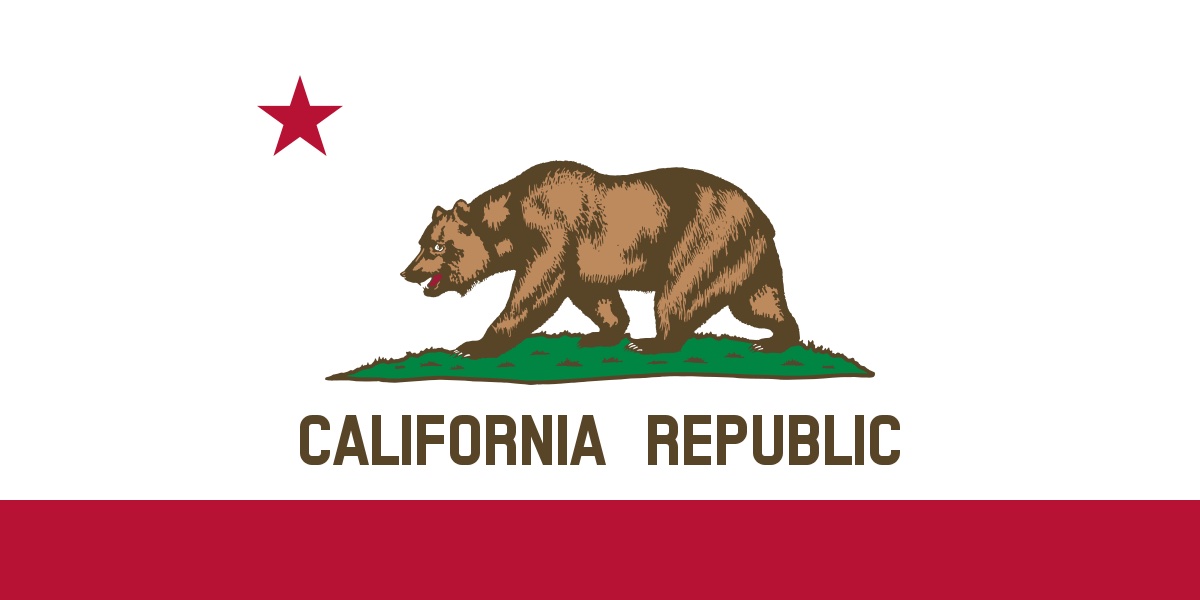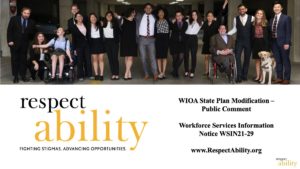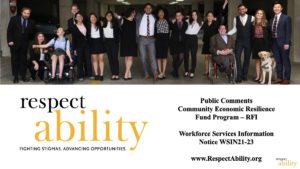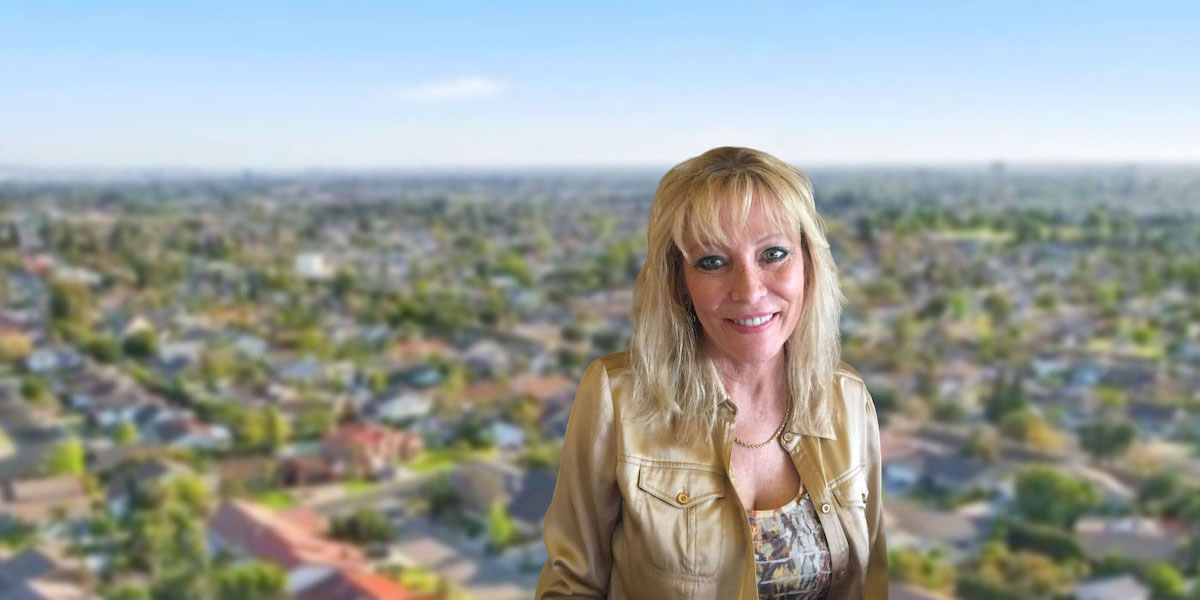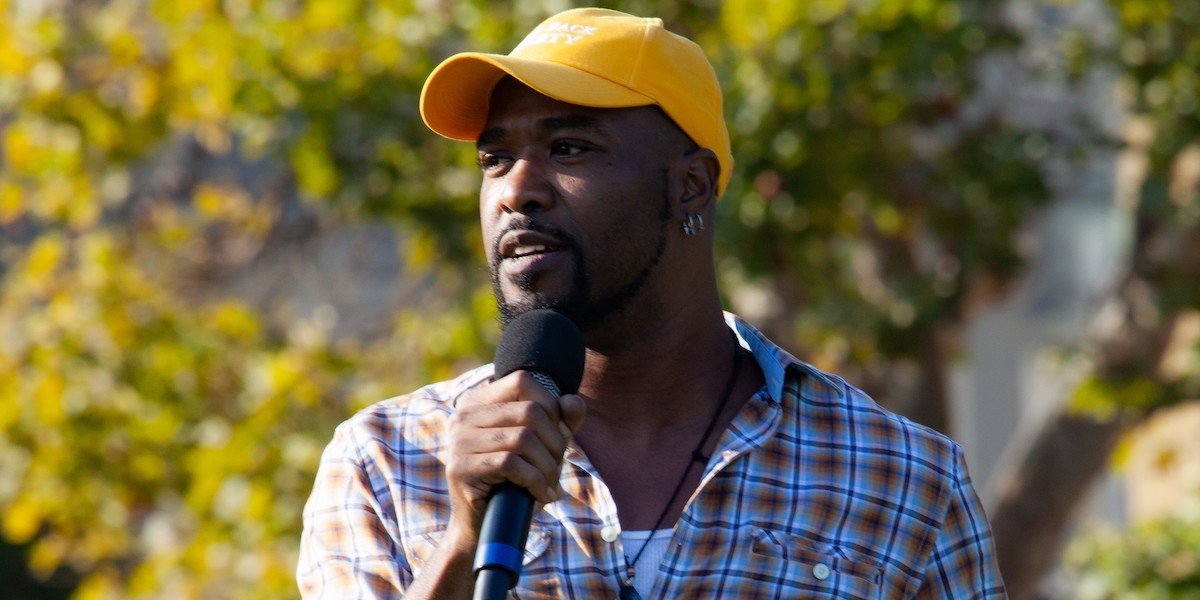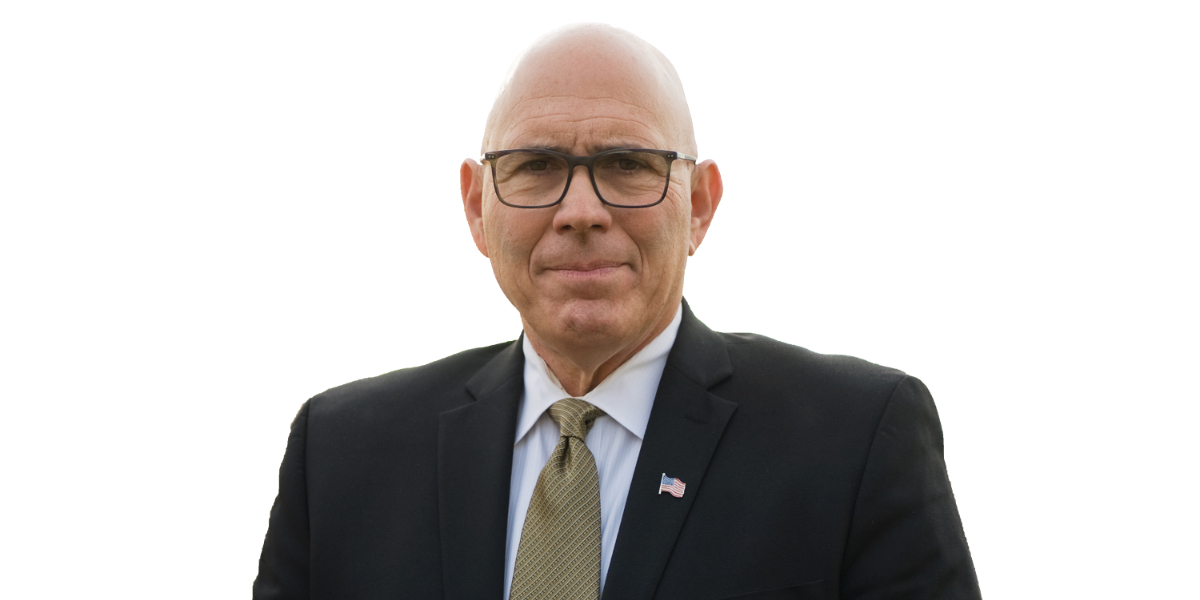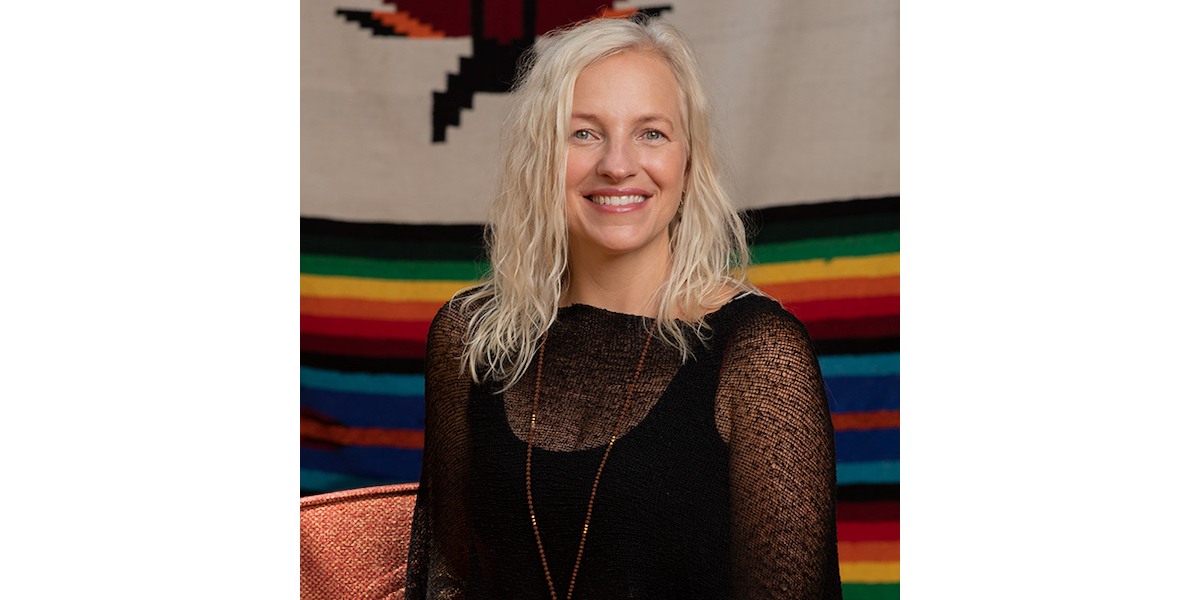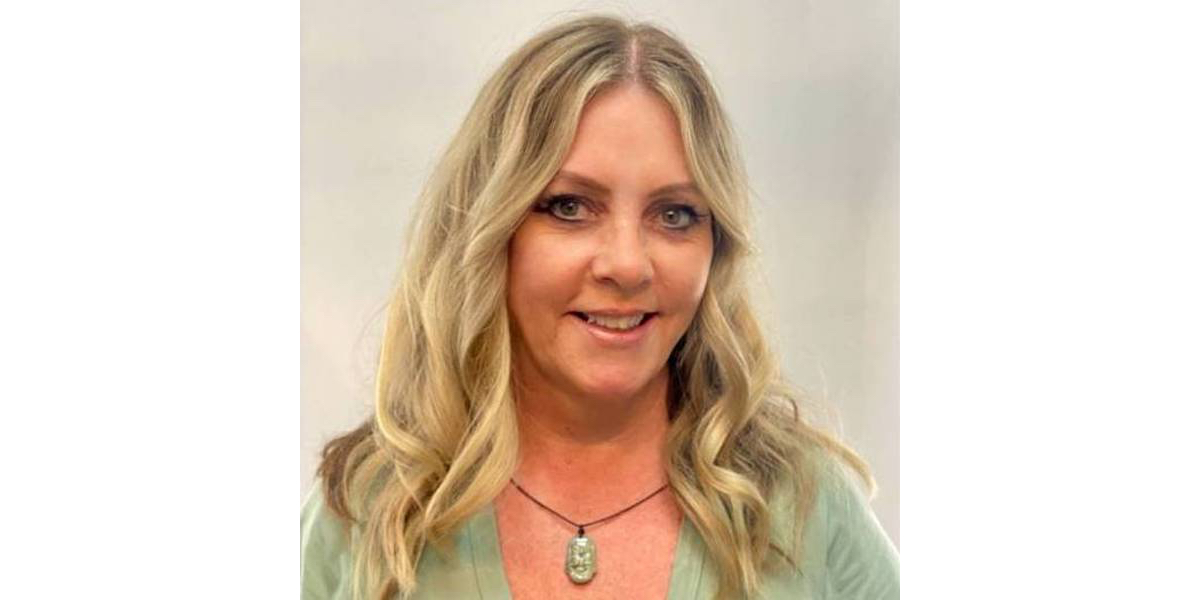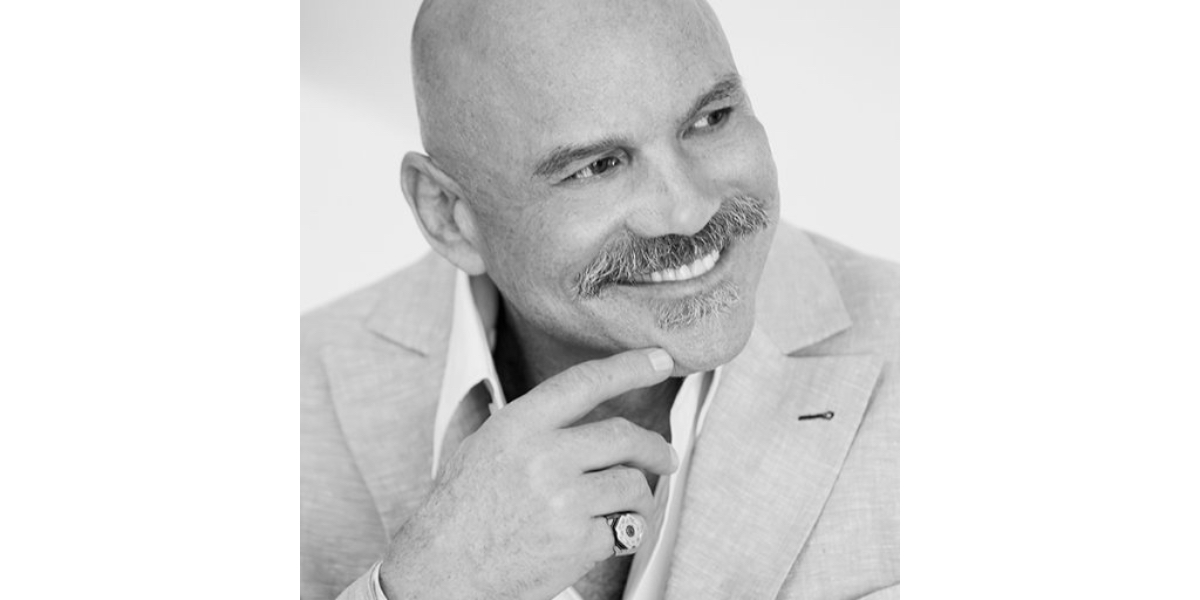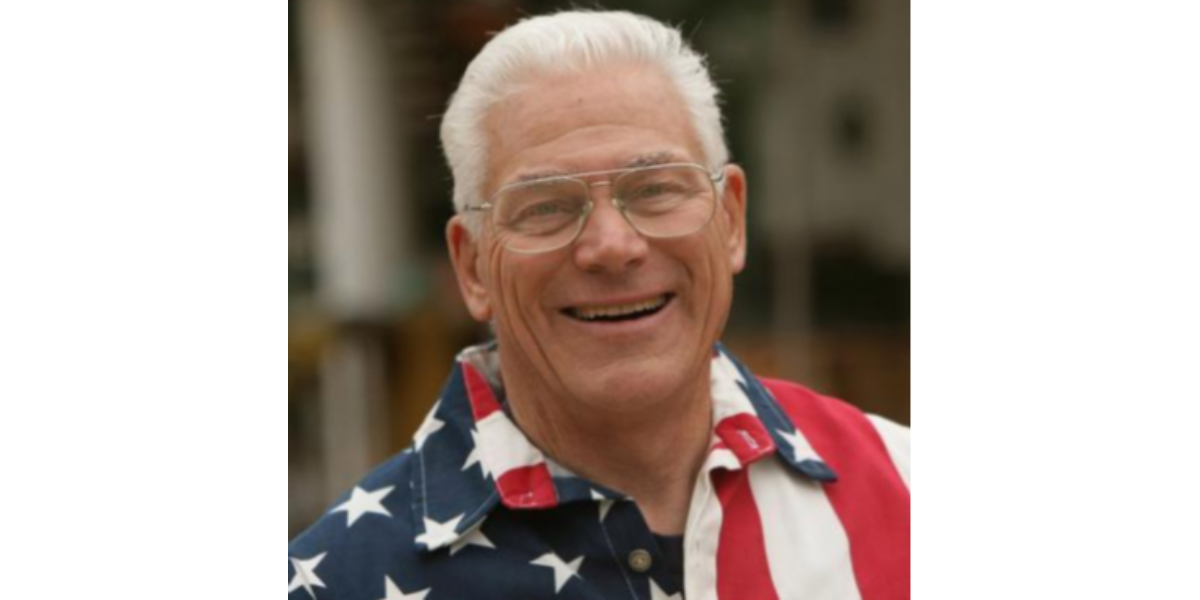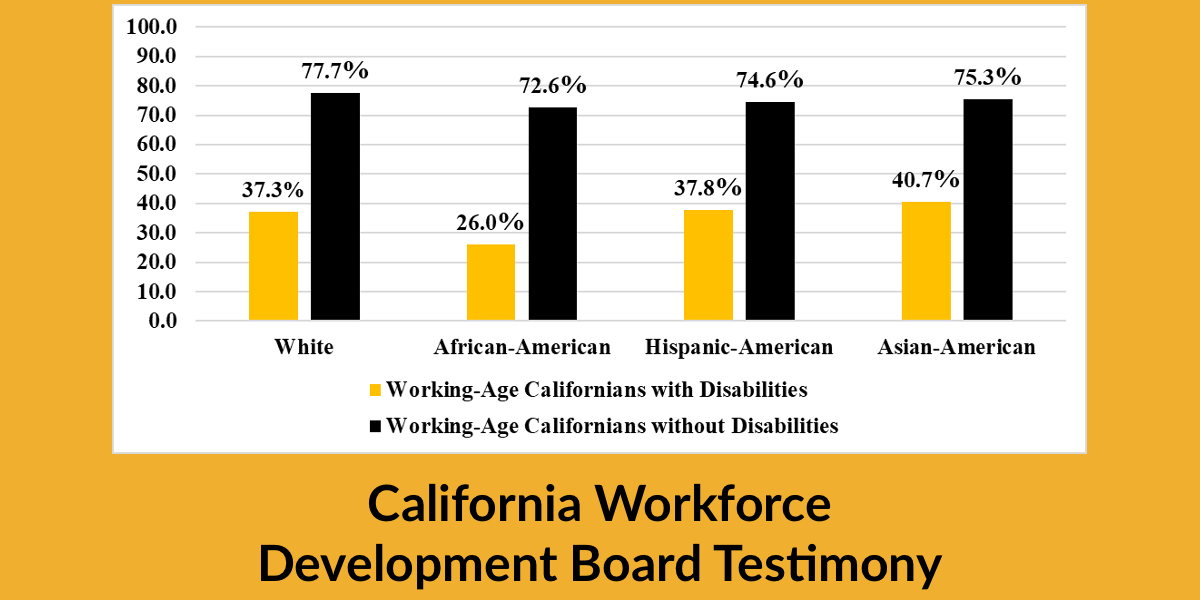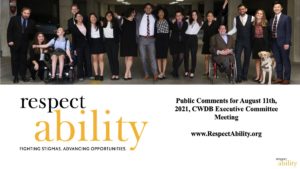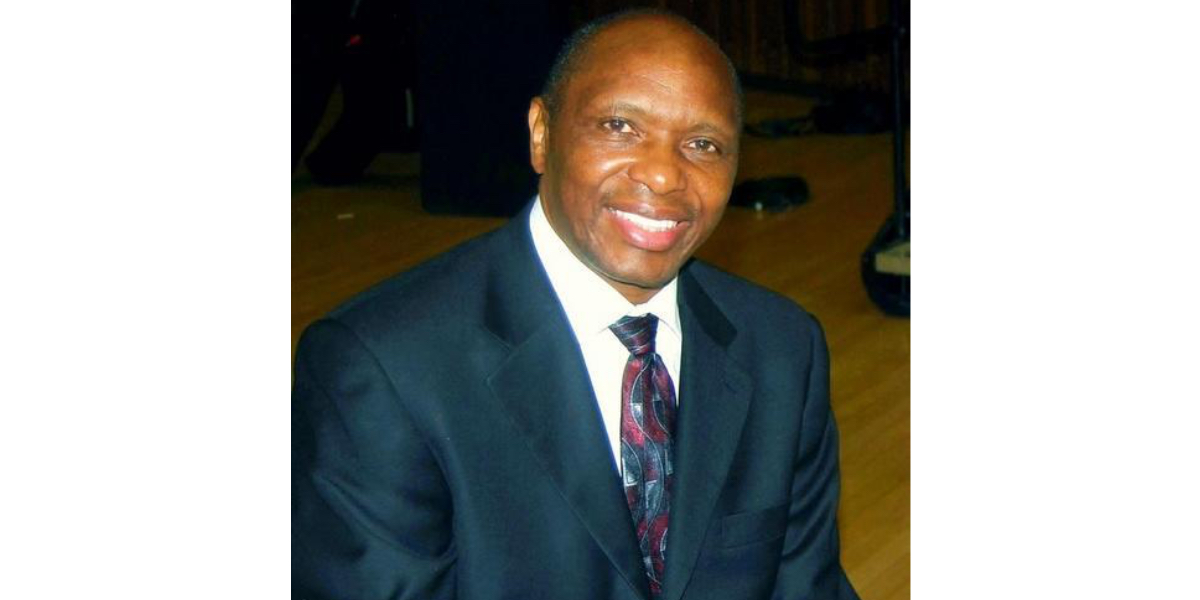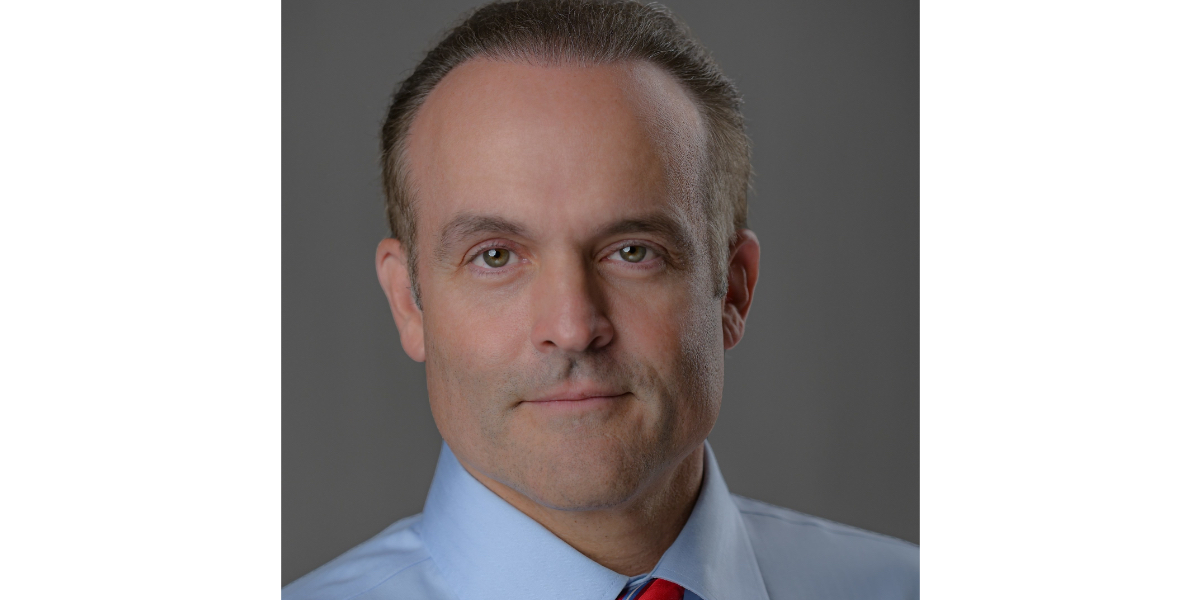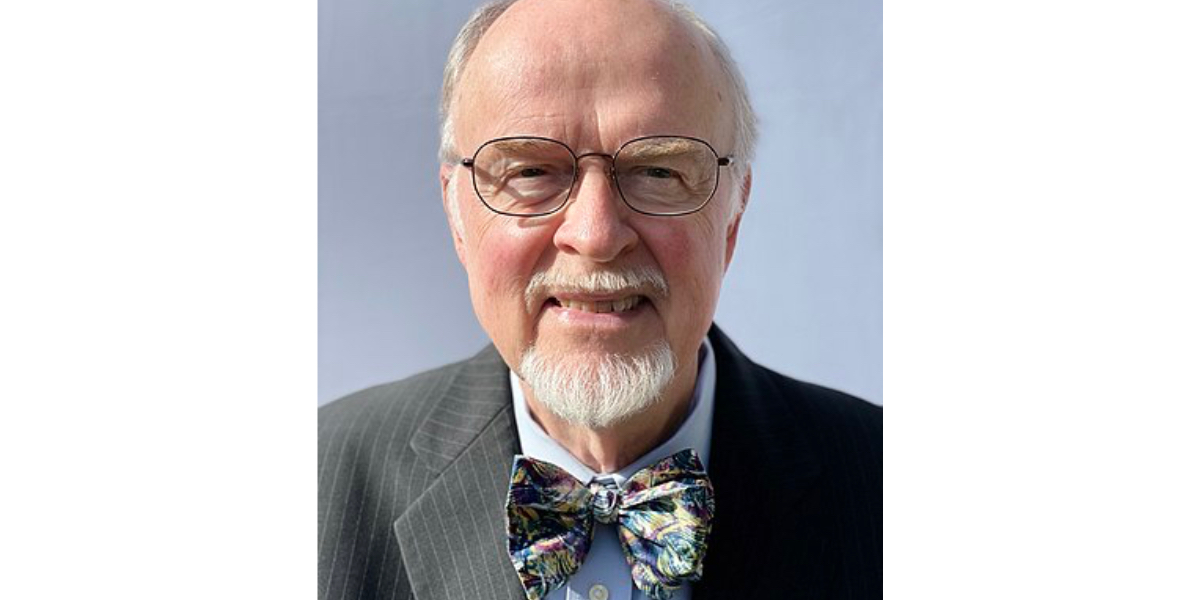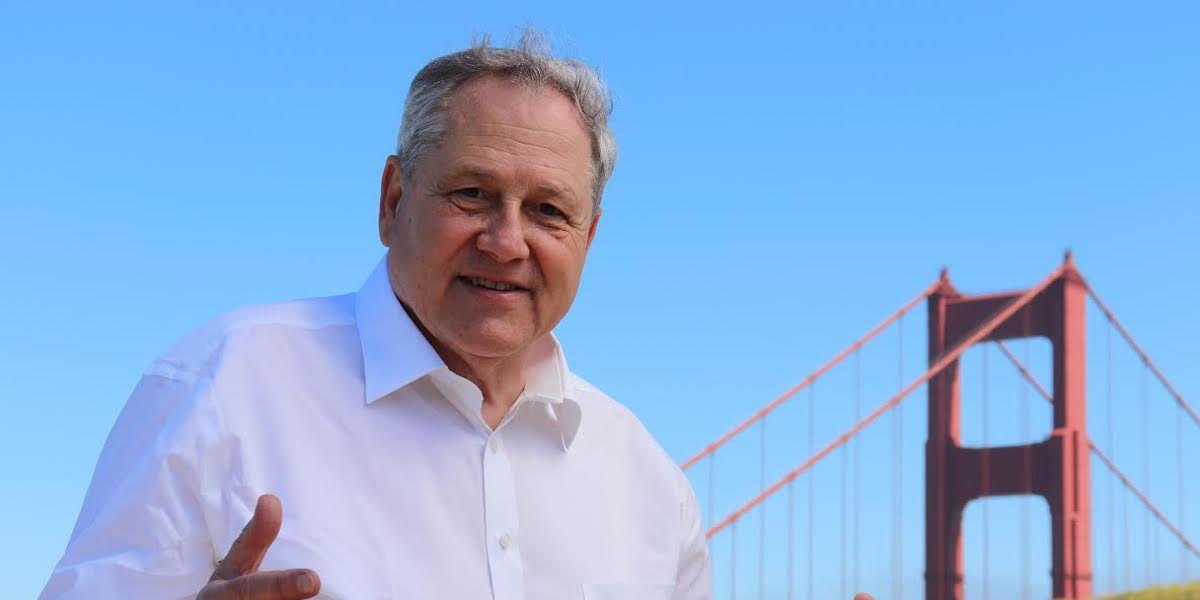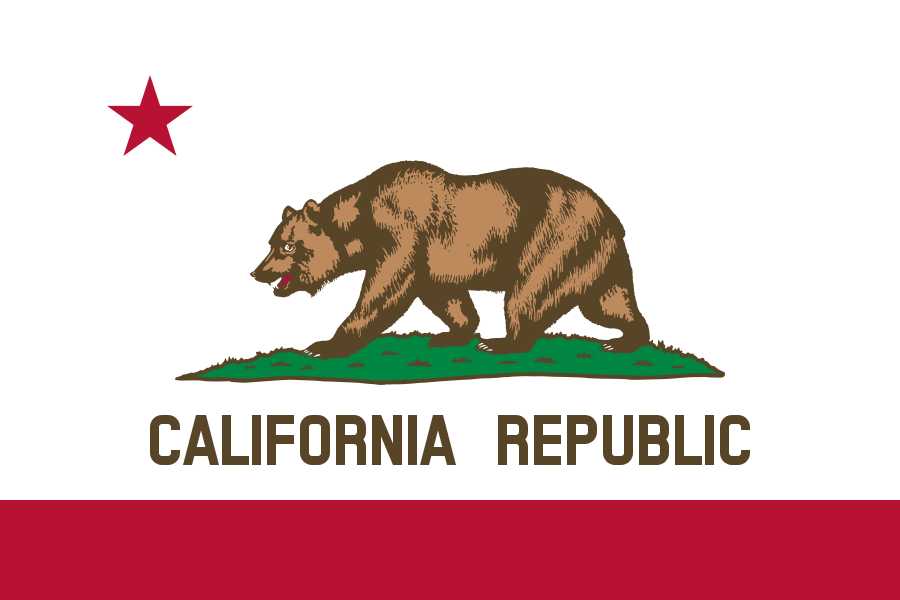Sacramento, CA, March 18 – The new California state budget contains a major piece of good news for Californians with disabilities. By 2024, the asset limit for older adults and people with disabilities to access Medi-Cal programs will be removed, achieving a long-standing policy goal for advocates and agencies based in California.
In 1965, the Social Services created Medi-Cal as a welfare program along with Head Start, Jobs Corps, and the Food Stamp Act. Fifty years later, Medi-Cal has grown more substantial and more powerful in securing affordable medical care for disabled and older Californians. Older and disabled Californians rely on Medi-Cal to cover pricey medication, nursing home expenses, in-home healthcare, and other costs not fully covered by Medicare and Medicaid.
Almost one in three Californians are Medi-Cal beneficiaries. But as it stands today, the program only covers a small segment of low-income individuals and families. This is because eligible individuals must not have a monthly income of more than $1200 or $2000 in savings. This is an exceptionally low rate, well below California’s definition of a low-income person. According to Covered California income guidelines and salary restrictions, if an individual makes less than $47,520 per year, they are considered low-income. This disadvantages many seniors and individuals with disabilities, jeopardizing their financial stability and preventing them from having any extra income, any savings, a house, or even a car.
